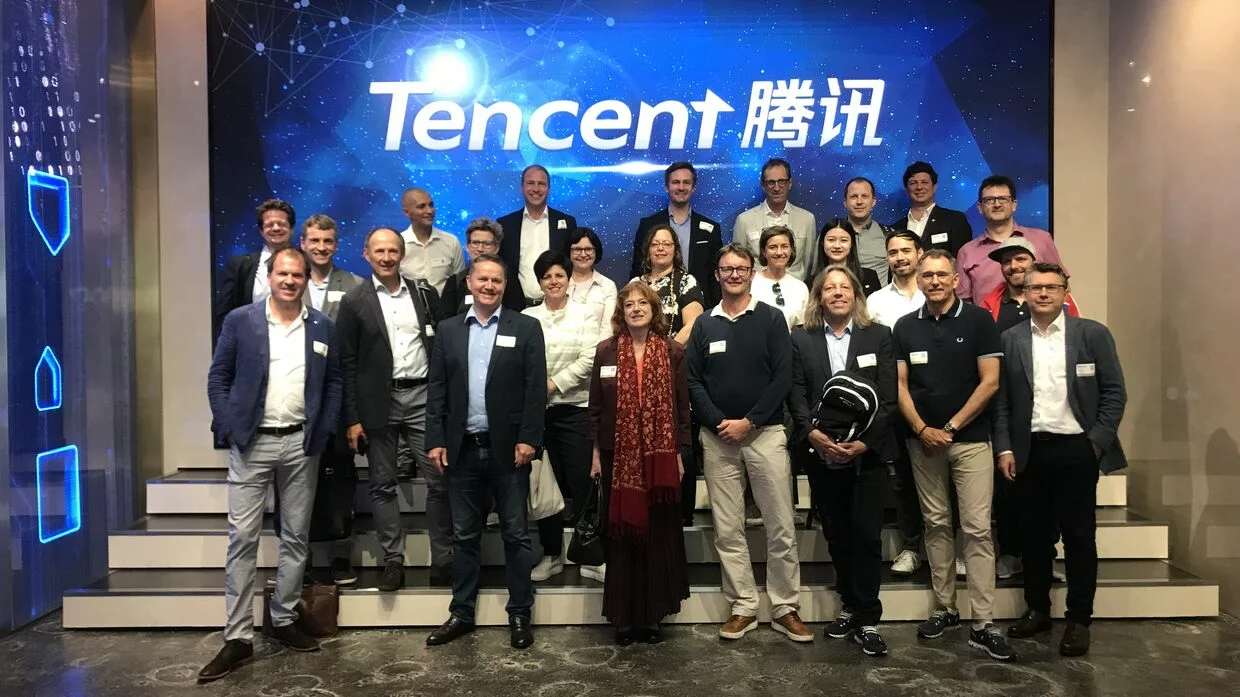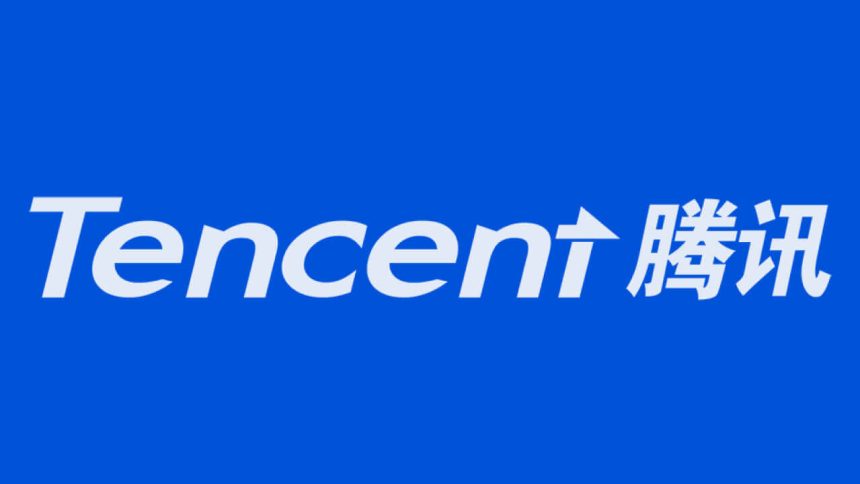Introduction
Tencent Holdings Limited is one of the largest technology companies in the world. It is involved in social media, gaming, digital payments, cloud computing, and artificial intelligence (AI). The company was founded in 1998 and is based in Shenzhen, China. Over the years, Tencent has built a huge digital ecosystem that influences almost every part of people’s online lives.
However, Tencent also faces challenges such as increasing competition, government regulations, and international trade issues. This article explains Tencent’s business, financial performance, strengths, and future challenges.
Business Segments
1. Social Media and Messaging
Tencent dominates China’s social media market through its platforms:
- WeChat (Weixin): The most popular messaging app in China, with over 1.3 billion users. It includes mini-programs, online shopping, and mobile payments.
- QQ: A messaging app popular among younger users, offering chat, gaming, and entertainment features.
These platforms help Tencent earn money from ads, subscriptions, and online payments.
2. Gaming: The Global Leader
Tencent is the biggest gaming company in the world. It owns or invests in many popular game studios:
- PUBG Mobile and Honor of Kings: Some of the most played mobile games worldwide.
- Riot Games: Tencent owns all of Riot Games, which makes League of Legends.
- Epic Games: Tencent owns 40% of Epic Games, the company behind Fortnite.
- Supercell: It owns the majority of Supercell, which created Clash of Clans and Clash Royale.
- Activision Blizzard: Tencent was previously an investor in this company, known for Call of Duty and World of Warcraft.
Gaming brings in a large part of Tencent’s income, but government rules in China about gaming time and content limit its growth.
3. Digital Payments and Fintech
Tencent operates WeChat Pay, one of the two biggest digital payment services in China (the other is Alipay). People use WeChat Pay for shopping, paying bills, and transferring money. Tencent also offers financial services like:
- Wealth management
- Small loans
- Insurance
4. AI and Cloud Computing
Tencent Cloud is the second-largest cloud computing service in China, competing with Alibaba Cloud. Tencent is investing in AI, smart cities, and enterprise technology. It is also working on AI solutions for healthcare and business services.
5. Digital Content and Entertainment
Tencent owns multiple entertainment platforms:
- Tencent Video: A popular video streaming service, competing with Youku and iQIYI.
- Tencent Music Entertainment (TME): Runs music streaming apps like QQ Music, Kugou, and Kuwo.
- Film and TV Production: Tencent invests in both Chinese and Hollywood productions.
Financial Overview (2024 Estimates)
- Revenue: $80–90 billion
- Profit Margin: $20–25 billion
- Market Value: $350–450 billion
Revenue Breakdown by Business Segment
- Gaming: 30–35%
- Cloud & Fintech: 25–30%
- Advertising & Social Media: 15–25%
- Other Digital Services: 10–15%
Tencent’s main source of income is gaming, but fintech and cloud computing are growing fast and may reduce its dependence on gaming.

Government Influence and Regulations
Economic Growth and Government Support
China’s fast economic growth has helped Tencent expand. The government has also promoted local tech companies through projects like Internet Plus, which encourages digital innovation.
Regulatory Challenges
Tencent must follow strict government rules in China, such as censorship laws and gaming restrictions. These rules protect Chinese companies from foreign competition but also limit Tencent’s business growth.
Competitive Advantages
1. Strong Digital Ecosystem
Tencent’s platforms—WeChat, gaming, payments, and cloud services—are all connected. This makes it easy for users to stay within Tencent’s ecosystem, increasing user engagement and revenue.
2. Global Gaming Leadership
Tencent’s smart investments in game studios worldwide help it make money both in China and internationally. This global presence helps reduce risks from China’s gaming regulations.
3. AI and Cloud Computing Growth
Tencent is heavily investing in cloud computing and AI, making it an important player in China’s digital transformation.
4. Large Investment Portfolio
Tencent owns shares in many top companies, including:
- Meituan (food delivery)
- JD.com (e-commerce)
- Pinduoduo (social commerce)
- Kuaishou (short video platform, rival to TikTok)
These investments provide Tencent with additional revenue and strategic partnerships.
Future Growth and Challenges
1. Innovation and Restructuring
Tencent is reorganizing its AI and cloud services to stay competitive. The company is also focusing on improving innovation and strengthening its global brand.
2. Global Expansion Challenges
Expanding outside China is difficult due to strict international regulations and competition from global tech giants like Google, Amazon, and Facebook.
3. Keeping Up with Technology
To stay ahead, Tencent must continue developing new technologies, such as AI, metaverse, and blockchain.
Conclusion
Tencent is one of the world’s most powerful tech companies, with a strong presence in social media, gaming, fintech, and AI. Despite challenges like government regulations and international trade barriers, Tencent remains a dominant player in the digital world. With its strong market position, global gaming leadership, and expansion into AI and cloud computing, Tencent is expected to grow further.
Investors and analysts should watch how Tencent adapts to new regulations and expands internationally. Tencent’s digital empire ensures that it will continue shaping China’s technology industry and beyond.









